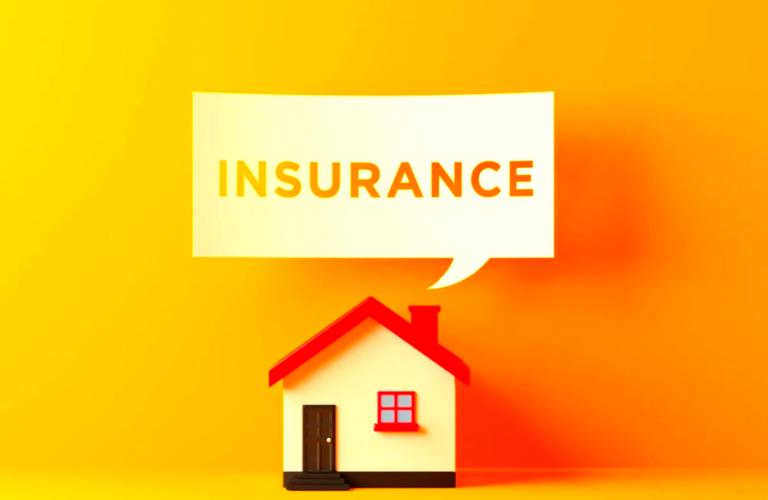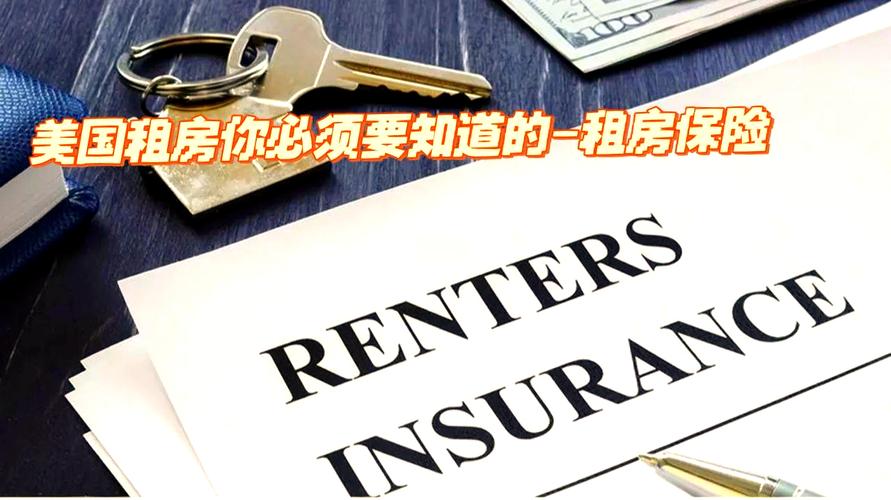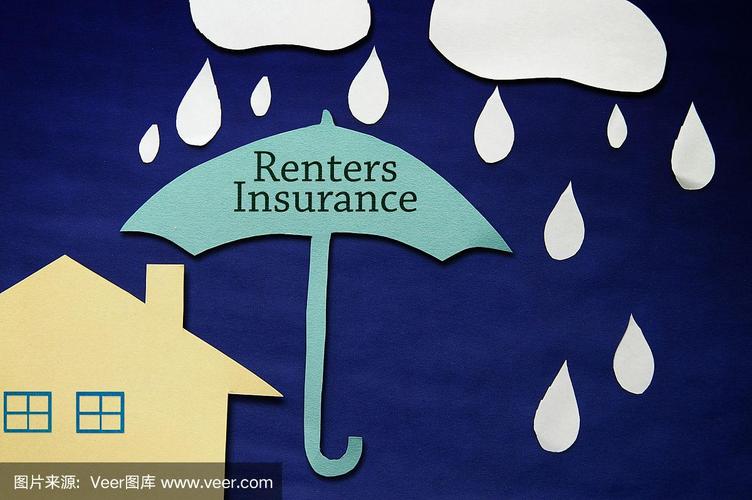Renting Out Your Home? Don't Let Risk Sneak In: Get the Right Insurance Armor
In the world of property, protecting yourself is like dressing your house in armour. However, this armour isn't one-size-fits-all—it comes in custom-fit versions for homeowners and specialised gear for landlords. Many property owners assume that buying a standard.
“Home insurance" policy means they're fully protected. What they don't realise is that living in your home and renting it out are as different as cooking dinner for yourself versus running a restaurant. One is for your use; the other invites others in, and with different uses come very different risks.

If you live in the home, your insurance mainly looks after you and your daily life. But if you rent it out, you've become a landlord— a small business owner, essentially— and you need insurance that protects your rental operation, not just your roof.
Six Key Differences Between Homeowners and Landlord Insurance
Let's start with people who live in their own homes. Homeowners’ insurance is like a soft but sturdy protective bubble. It covers things like wind damage to your roof, stolen belongings, and even medical bills if a guest slips during a visit. It protects your furniture, electronics, clothing, and may even cover hotel costs if a fire forces you out of your home. But what doesn't it cover? Your tenant's stuff is their responsibility.
Now, flip the script. If you're renting your place out, you need landlord insurance. This one's more like a savvy business manager who knows all the rental risks. Say a storm damages the property and your tenant has to move out— landlord insurance can reimburse you for the rental income you lose during repairs. Or, if a tenant or visitor gets injured on your property, this insurance helps with compensation and even legal fees. Some policies also cover tenant-caused damage, including intentional destruction, if you add that clause to your coverage. Because renting out your property is more like running a business, it naturally comes with more risk and higher premiums. That's your cue: tenants aren't family, they come and go, so choose reliable renters and inspect your property regularly to keep your insurance costs in check. Some insurers will flat-out say: "Sorry, that's outside our policy." In these cases, you will need to add a short-term rental clause or even buy a separate policy to cover that type of use. If you're planning to dive full-time into the rental business, especially with multiple properties, it's time to make a mindset shift from "homeowner" to "property investor"— and upgrade your insurance accordingly.

Insurance isn't a decorative extra— it's your shield against risk. Homes you live in need warm, close-to-home protection. Rental properties need battle-ready business armour —designed to protect both the building and the income it generates. Here are the six major differences you can't afford to overlook: What's covered (property vs. income loss), Whether furniture/appliances are included, Who's liable for what, Who gets reimbursed for living expenses or rental income, Legal protections tied to tenant-related issues, The cost logic (landlord insurance generally being more expensive)
If you're just dabbling in short-term rentals, some insurers might let you add a small rider to your current policy— but only if you ask first. Renting out without disclosing it could leave you completely uncovered when something goes wrong. But if you're turning your property into a long-term source of income, especially if you plan to manage multiple rentals, then it's time for a full insurance upgrade. Think of it not as an added cost, but as protection for the fruits of your investment. Insurance isn't about overreacting— it's about being smart. Because when disaster strikes, the right policy could mean the difference between losing a few hungry dollars... or tens of thousands. Protect yourself. Protect your assets. That's the smart move.

(Writer:Tick)


